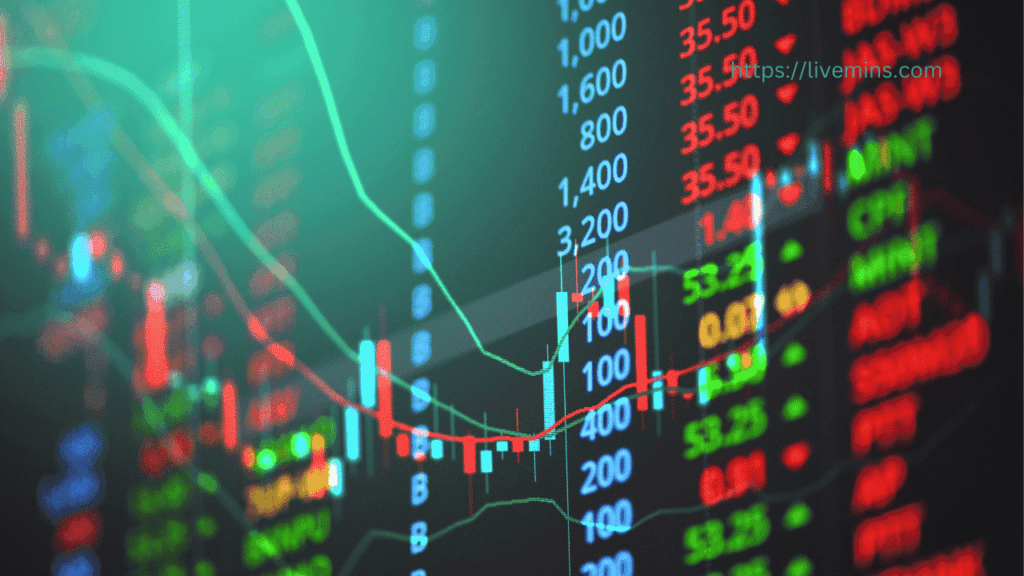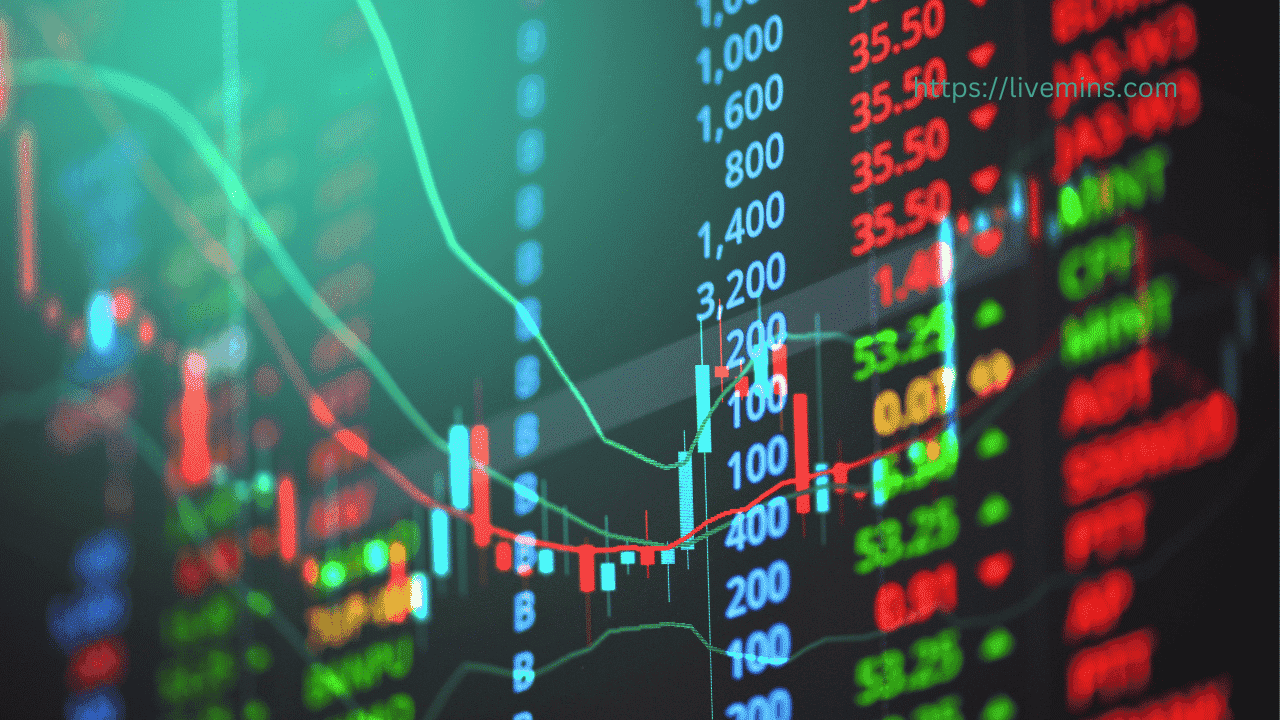Biggest One-Day Decline Since listing: Bombay Stock Exchange Share Price fall 17% Today-find out what Caused The Significant Decline!
The astonishing 17% fall in Bombay Stock Exchange share price today demands an explanation – an unprecedented jump since the company went public.
BSE shares fell over 17% in Monday’s morning activity. Never before has such a rapid decline been seen since the BSE’s debut.
In addition, SEBI has requested BSE to increase the administrative cost charges for derivatives based on restrictive economic value rather than premium. The Bombay Stock Exchange took a hit earlier today, with its shares falling more than 17% in a single morning session. The fall marked the biggest one-day decline in the market since the start of trading.

The fall in BSE share price is attributed to Bombay Stock Exchange being asked by the market regulator SEBI (Securities and Exchange Board of India) to pay a higher regulatory fee for derivatives, based on notional turnover rather than premiums.
SEBI’s request for higher regulatory fee causes BSE to suffer in stock value. Specifically, the fee applies to derivatives and is determined by notional turnover, as opposed to a premium.
An analysis by Jefferies India has provided that a possible proposed increase in fees, due to derivatives accounting for approximately forty percent of BSE’s estimated net profit in 2025 and 2026, could reduce earnings-per-share levels by 15-18%.
After SEBI was asked to pay more regulatory fees, which would be calculated from the “notional value” of their options contracts, the stock received more attention.
According to the exchange’s official statement, Bombay Stock Exchange determined the annual revenue by considering the premium value of the option contract.
The fee to be paid to SEBI along with 15% interest, is known as Gross Regulatory Fee. BSE recently announced that this payment is based on their annual turnover, calculated using the notional value method for option contracts.
If a company neglects to pay this levy and is found to be in arrears, for the period from FY 2006-07 to FY 2022-23, the difference amounting to approximately ₹68.64 crore plus GST (including interest of ₹30.34 crore) will be levied.
BSE has announced that SEBI will be required to pay regulatory fees for FY 2023-24 by April 30, 2024, amounting to approximately ₹ 1.66 crore plus GST.
This amount has already been paid by the company. BSE has also specified that the remaining SEBI regulatory fee for the year may be approximately ₹ 96.30 crochet plus GST if there is any arrears.
Analysts at Jefferies found that legacy arrears (dating back to 2006-07) would have a one-time negative impact of Rs.165 crore plus tax (18%), resulting in a 15% decline in earnings per share for FY24.
As derivatives are assumed to account for roughly 45% of total revenue by FY27, increased regulatory charges in the options sector could impact earnings per share by 15-18% (estimated) for FY25 and 26.
Nevertheless, price increases and higher premium quality could also compensate for the EPS impact.
As derivatives volume growth remains ahead of estimated price hikes and improved premium quality could fully offset the EPS impact, said the analysts at Jefferies India Pvt Ltd . After building in a partial price hike (15%), they cut FY25 and FY26 estimates by 6-9%. Jefferies now has a Hold rating for the stock.
READ MORE: Bombay Stock Exchange Share Price





